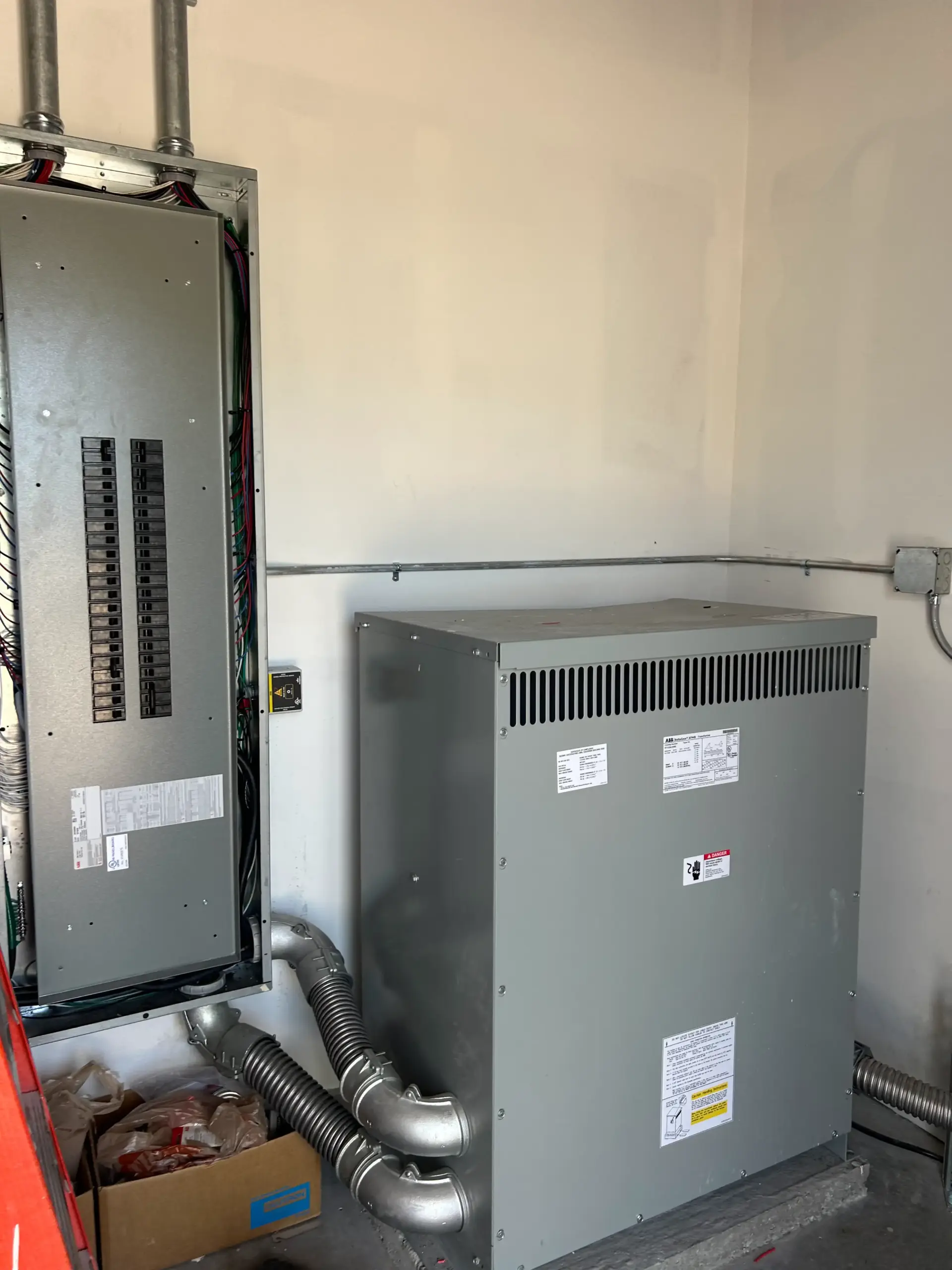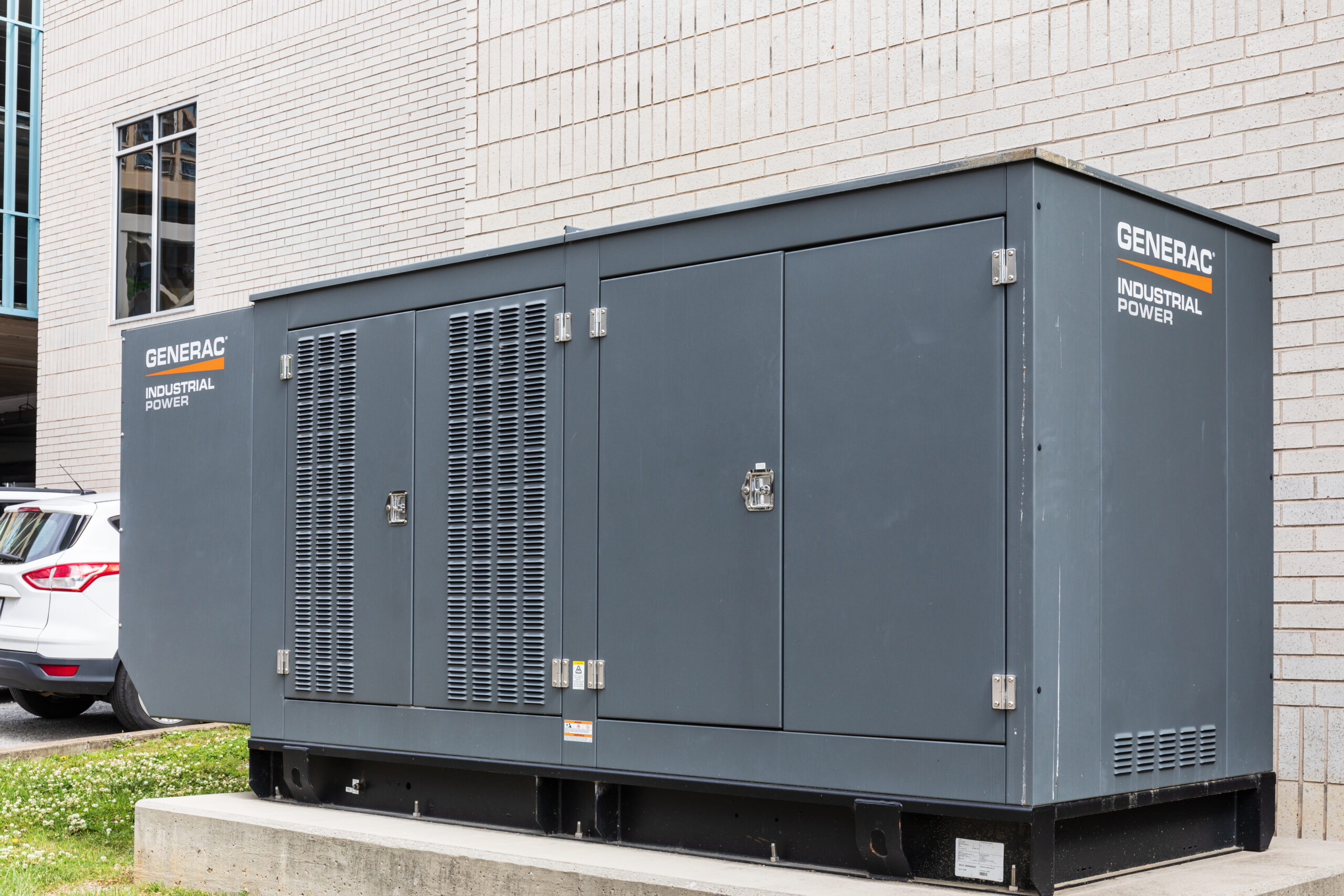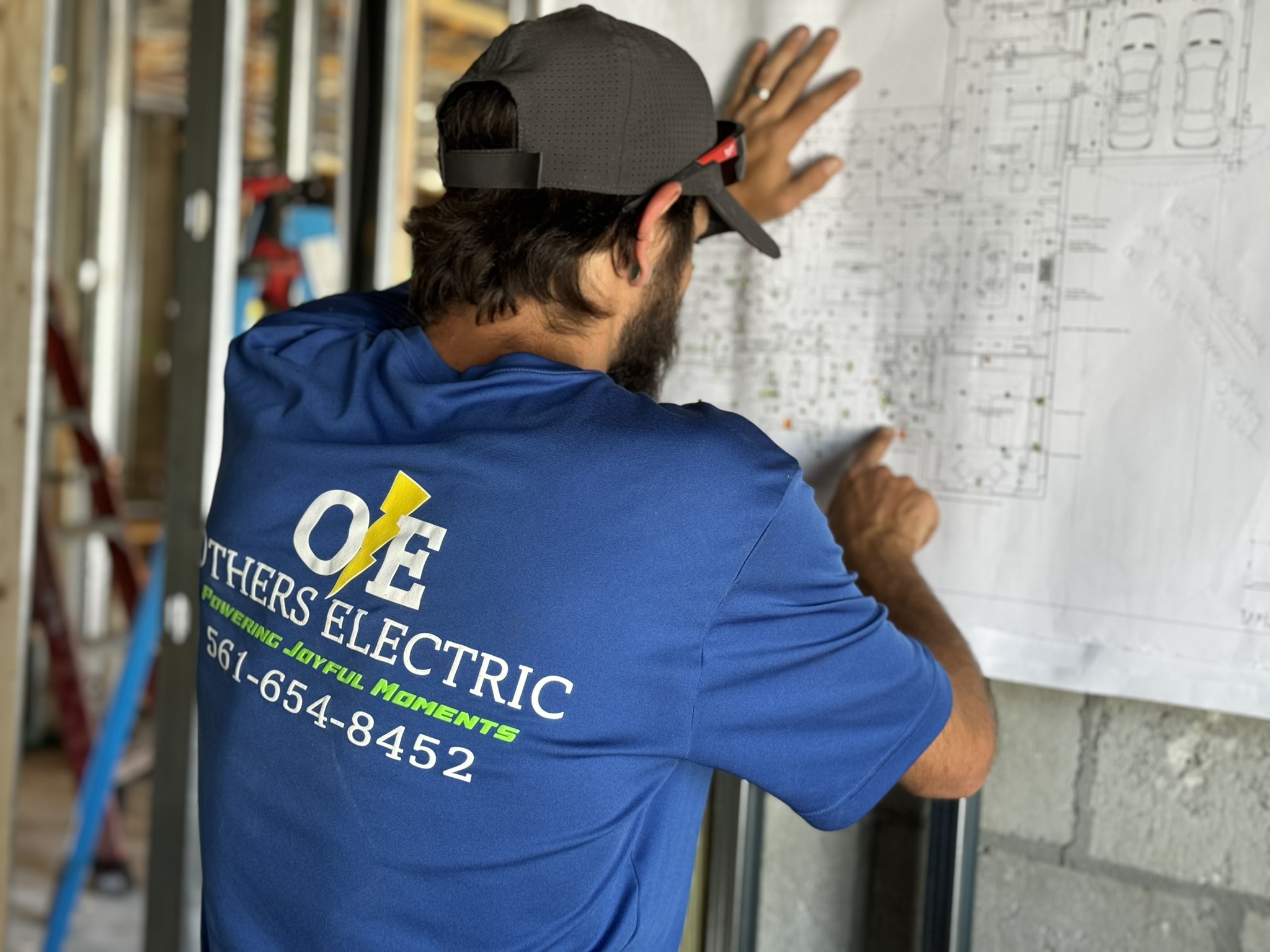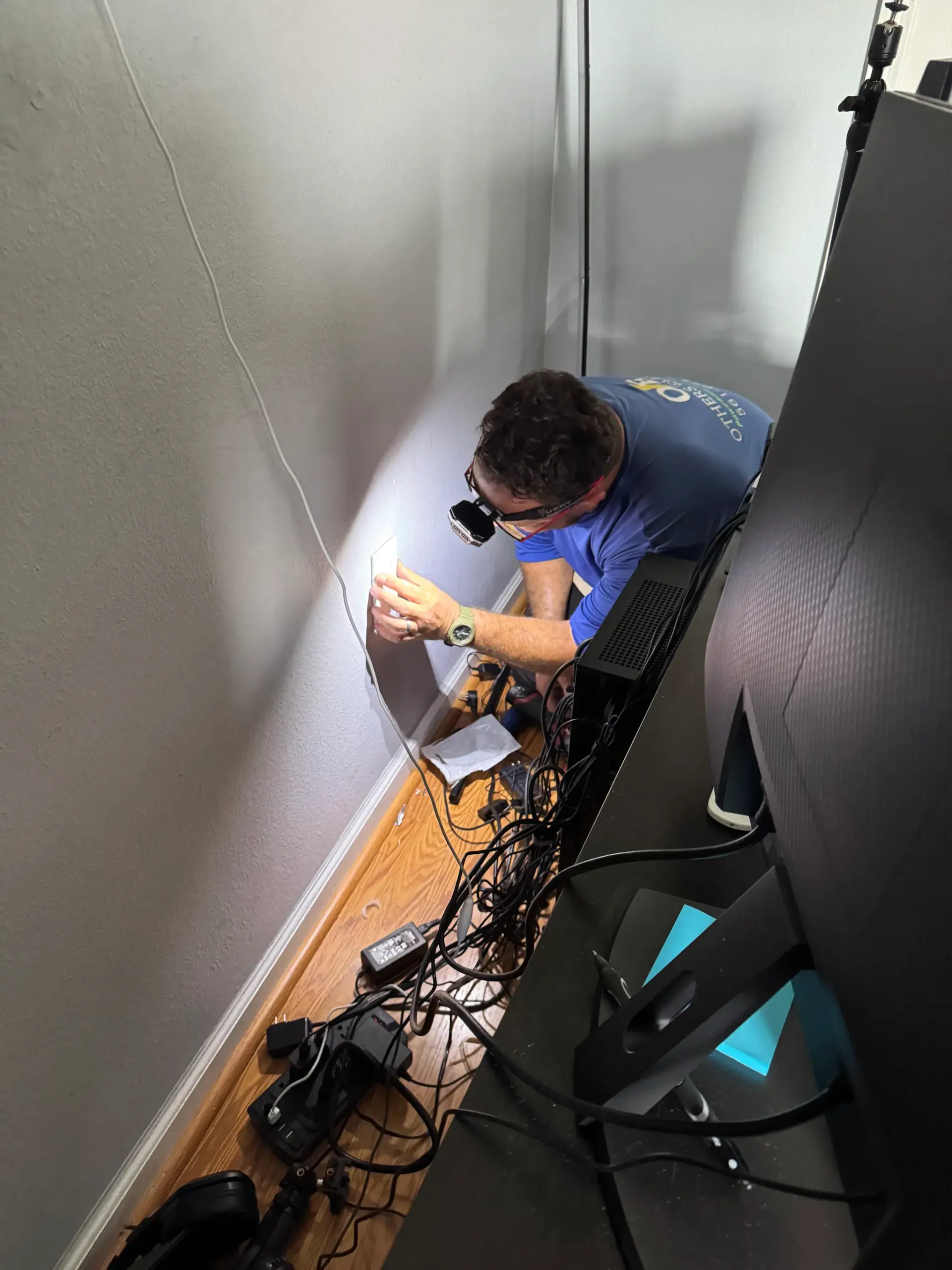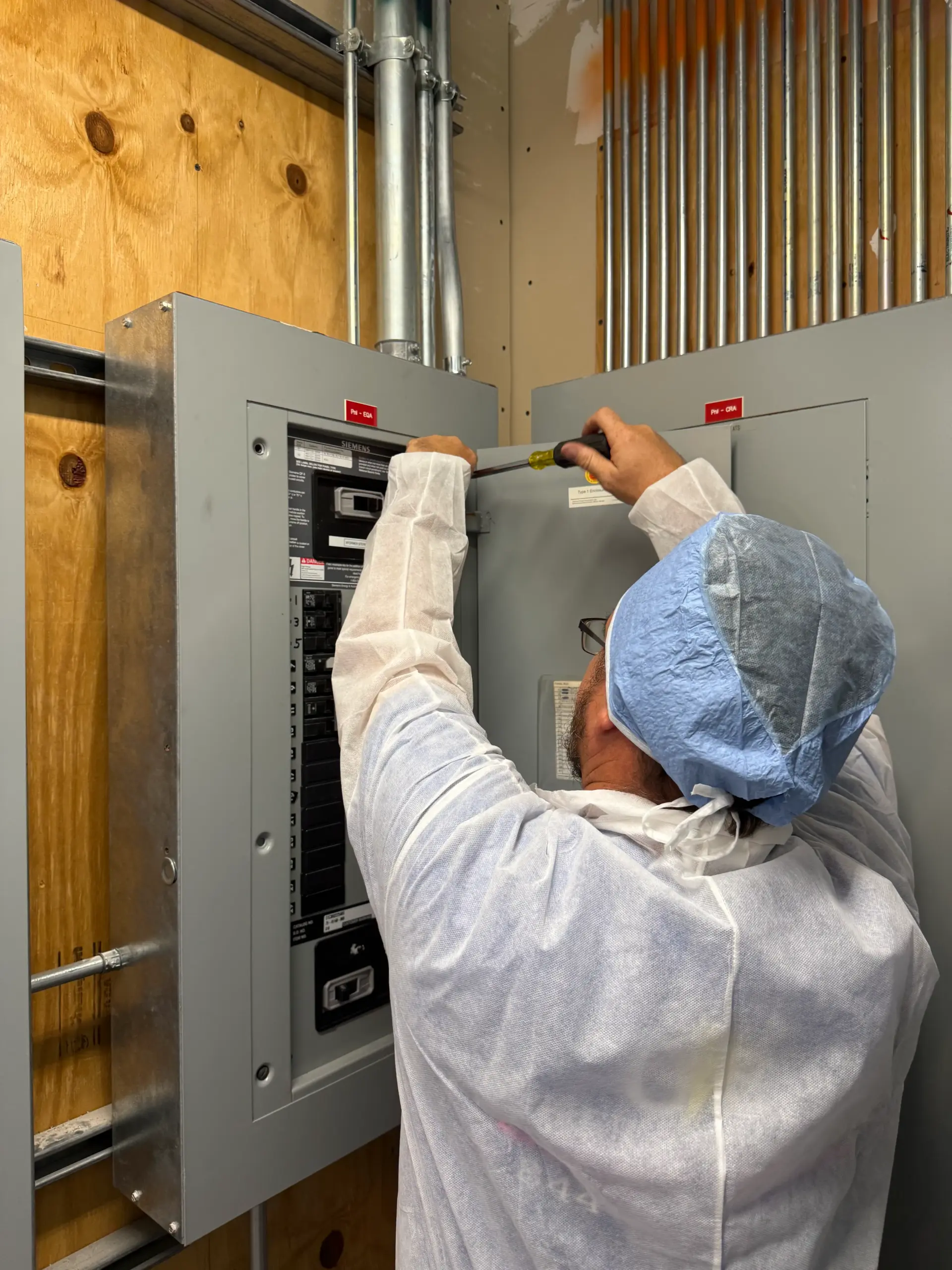Generators play a vital role in providing backup power when the grid fails, especially during Florida’s unpredictable storm seasons. For many homeowners and business owners, generators are the only line of defense against power outages caused by hurricanes, lightning strikes, or equipment failures. But a common question arises for anyone setting up or using one outdoors: can a generator get wet?
The short answer is no—a generator should never be exposed to water while it is operating. This precaution goes beyond general advice and enters the realm of safety mandates. Water and electricity are a dangerous combination, and ignoring the risks associated with a wet generator can lead to serious injury, electrocution, fire, or equipment damage. This article explains why keeping your generator dry is crucial, what can happen when it gets wet, and how to properly protect it during operation.
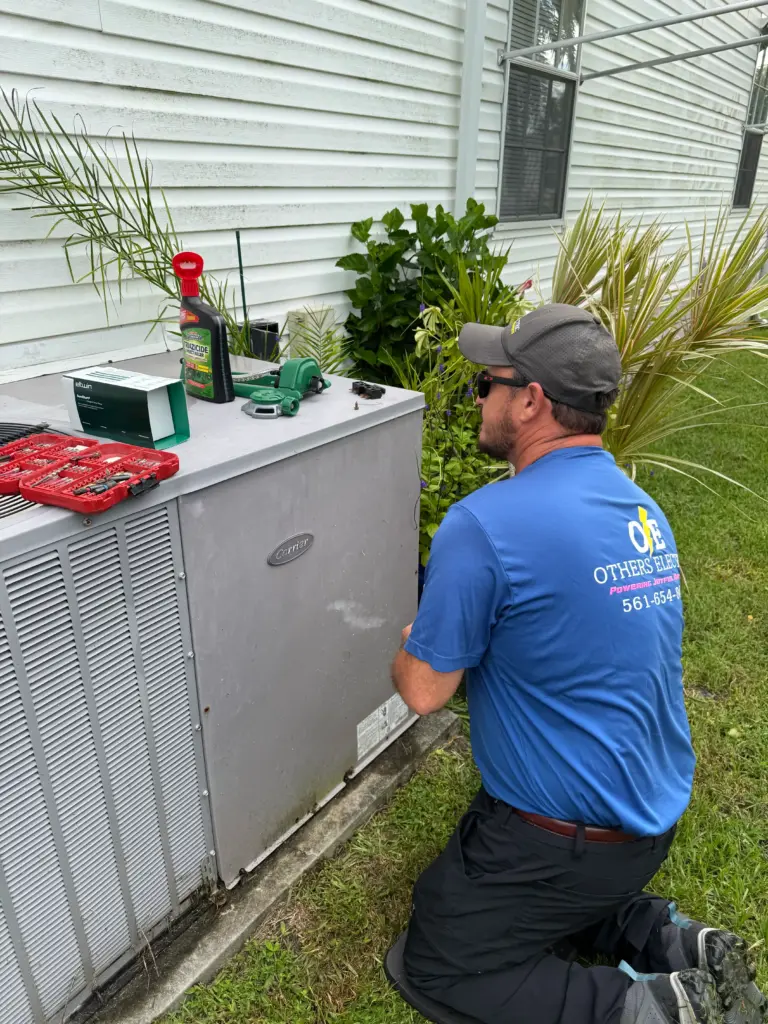
Why You Should Never Let a Generator Get Wet
Understanding can a generator get wet begins with knowing how generators function. At their core, generators convert mechanical energy into electrical energy through internal combustion. This process depends on the controlled flow of electricity through wires, outlets, and electronic components. When water comes into contact with these electrical parts, the risk of a short circuit increases significantly.
A wet generator can also become a conductor, meaning it may transfer electricity to surrounding areas—including anyone who touches it. This poses a direct threat of electrocution. According to the Electrical Safety Foundation International (ESFI), improper generator use and exposure to moisture are leading causes of generator-related injuries during disasters. Furthermore, water can damage sensitive internal components such as the alternator and engine, leading to mechanical failure and costly repairs.
In many cases, generators that are exposed to rain or flooding will void their warranties if damage occurs. Manufacturers include clear guidelines to keep the unit protected from precipitation, splashes, and excessive humidity.
Common Scenarios That Risk Wet Generator Exposure
In Florida, storms come quickly and bring with them heavy rain, wind-driven debris, and standing water. This creates a unique challenge for homeowners using portable or standby generators. Often, generators are set up outdoors due to safety regulations requiring proper ventilation. But this necessary outdoor placement raises the question again: can a generator get wet if it’s only briefly exposed to rain or morning dew?
Even minimal exposure to moisture—like condensation or mist—can damage a generator’s electrical systems over time. Brief rainfall may not seem like a major issue, but water can seep into vents, outlets, and fuel lines. Moisture buildup on circuits and plugs may not cause immediate problems but can eventually lead to dangerous conditions.
In flood-prone areas, the risk intensifies. Generators that are left at ground level during rising water events may become submerged. Once submerged, the generator is no longer safe to use and may require complete replacement. Attempting to start a waterlogged generator can result in explosion or fire.
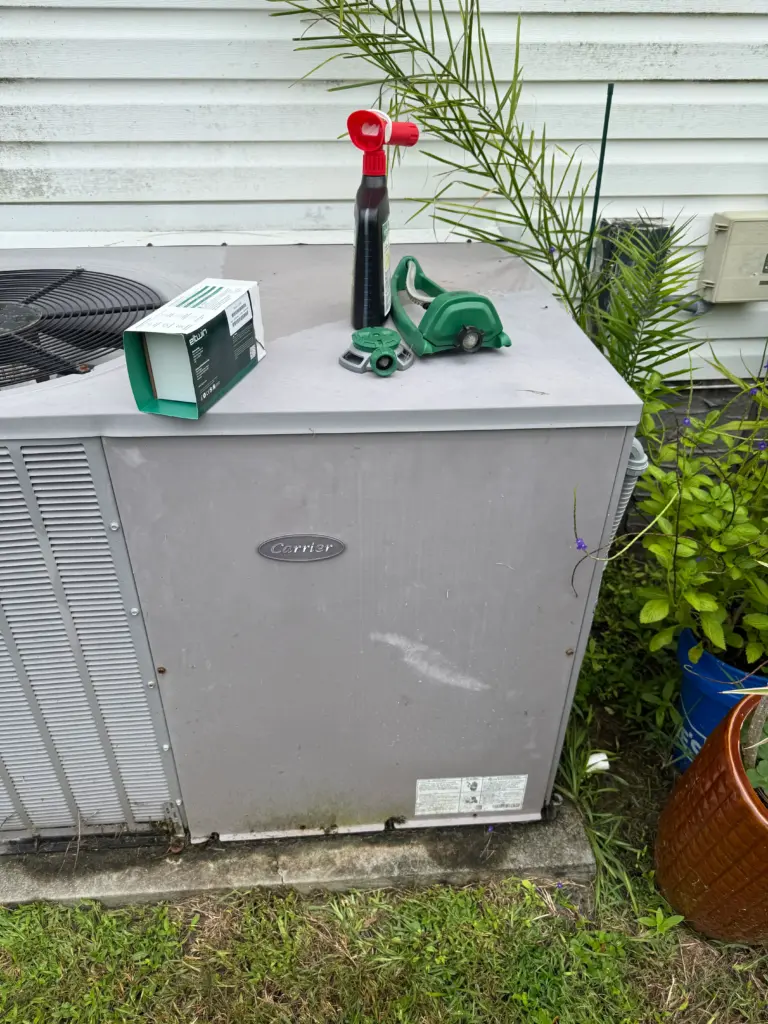
Can a Generator Get Wet While Covered?
Some users wonder if can a generator get wet under certain protective coverings like tarps or canopies. While covering your generator is strongly encouraged, not all methods are safe or effective. Improper coverings can trap heat, reduce airflow, or still allow water to seep in.
The best solution is to invest in a generator tent, generator enclosure, or weather-resistant shelter that is specifically designed for use with generators. These structures allow for ventilation while shielding the equipment from rain, snow, and splashback. The National Institute of Standards and Technology (NIST) recommends waterproof but breathable covers that won’t restrict engine exhaust or airflow.
Portable canopies with open sides or specially designed generator ports are also available. The key is to ensure that the generator has enough clearance and air exchange to prevent overheating while remaining completely dry during operation.
What Happens If a Generator Gets Wet?
If your generator becomes wet during a storm, while in storage, or during transportation, do not attempt to start it. Before even touching the generator, disconnect any cords and shut off the power source from a safe distance if possible. Then, inspect the unit visually for any signs of standing water, soaked wires, or muddy residue.
If the generator was running when it got wet, shut it down immediately and let it dry completely before doing anything else. Use a fan, towels, and low humidity conditions to aid in the drying process. If you’re unsure whether the internal components have been compromised, the safest option is to have it inspected by a certified technician.
Attempting to operate a wet generator can cause:
- Short circuits that may fry internal components
- Damage to the alternator, power outlets, and wiring
- Electrocution risks to anyone nearby
- Internal corrosion that affects long-term reliability
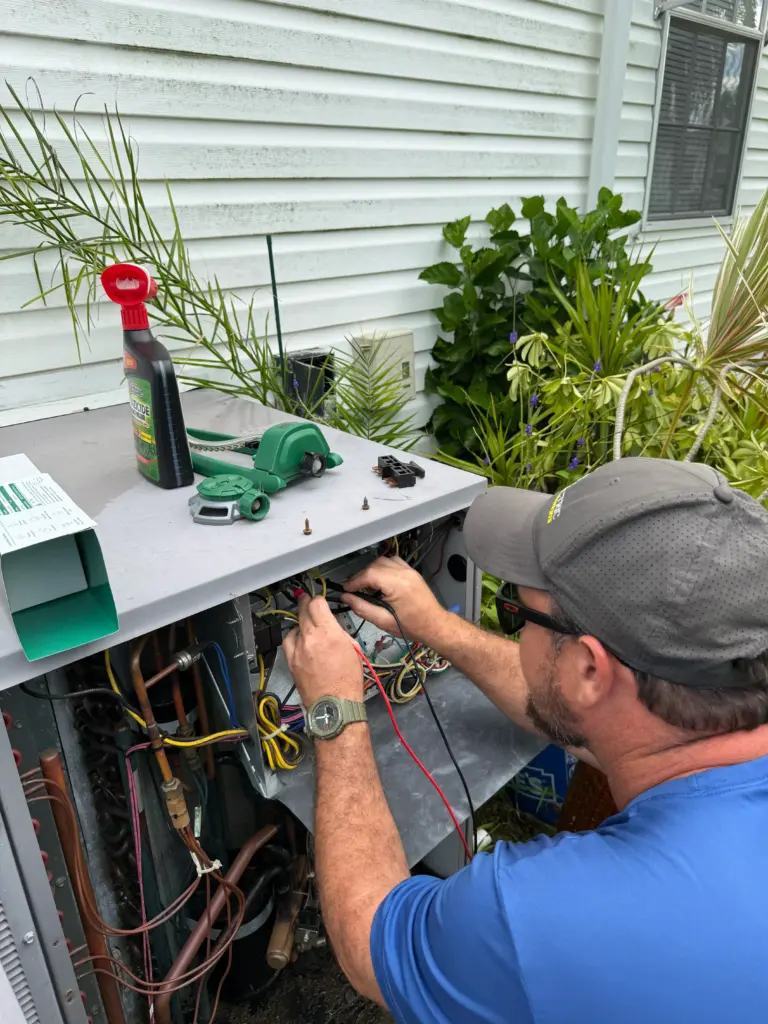
Safe Operating Tips to Keep Your Generator Dry
To prevent situations where you might wonder can a generator get wet, proactive planning is essential. Here are a few steps to ensure safe operation:
- Choose the Right Location: Set up the generator on a dry, elevated surface away from puddles and flood zones.
- Install a Shelter or Tent: Use a manufacturer-approved generator cover or tent that protects against rain while allowing for ventilation.
- Face Exhaust Away from Water Sources: Always direct exhaust pipes and air intakes away from areas where water may enter.
- Check the Weather Forecast: Avoid running the generator during active storms unless it is properly sheltered.
- Store Indoors or in a Covered Shed: When not in use, keep the generator in a dry, secure location.
Legal and Code Considerations
The National Electrical Code (NEC) provides strict guidelines for generator installation and outdoor electrical safety. Code compliance requires that outdoor generator setups include weatherproofing, grounding, and proper ventilation.
Failure to follow these rules not only increases the risk of accidents but can also lead to legal liability in the event of injury or property damage. In addition, your home insurance policy may deny claims related to damage caused by a generator that was misused or improperly sheltered.
That’s why it’s always recommended to consult licensed electricians before installing or operating a permanent generator. Florida residents, especially along the East Coast, should be especially cautious due to the frequency of coastal storms and the impact of salt air on electrical systems.
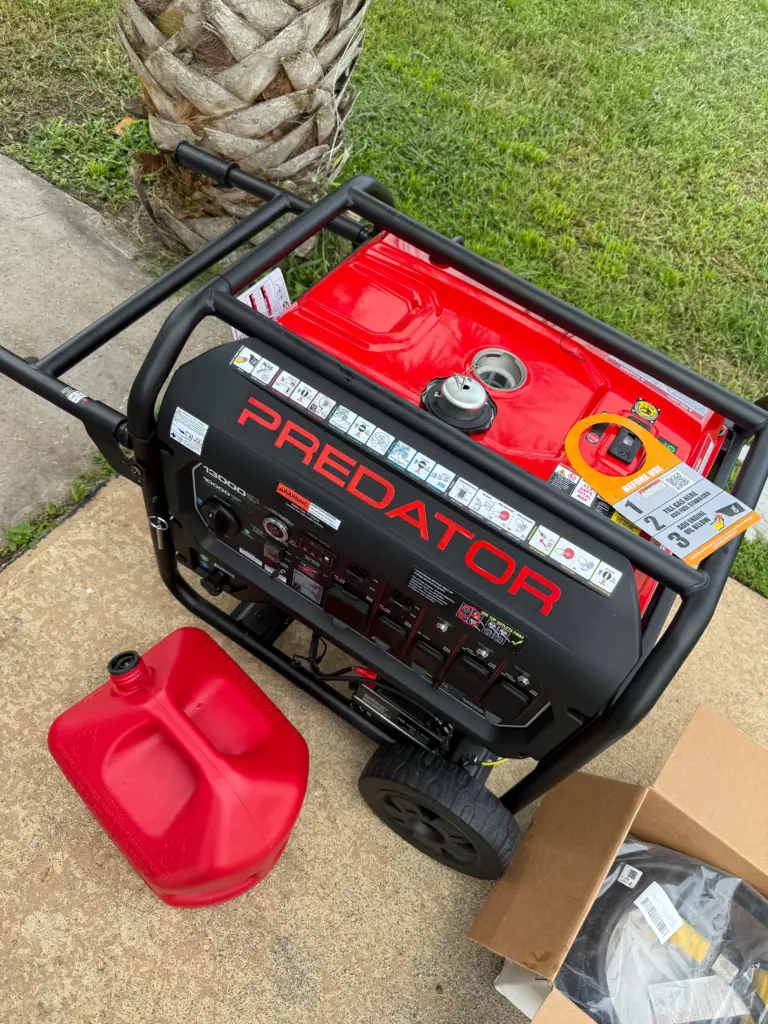
Professional Electrical Support for Generator Safety
When in doubt about your generator setup, it’s time to bring in experts. At Others Electric, our team specializes in outdoor electrical safety, generator hook-ups, and weatherproof installations. We serve homeowners and businesses across Florida’s East Coast, ensuring every generator system is safe, compliant, and storm-ready.
Whether you need help selecting the right generator tent, installing a transfer switch, or protecting your investment from the elements, we offer professional guidance backed by decades of experience in Florida’s toughest conditions.
Conclusion
So, can a generator get wet? Absolutely not—at least not without risking serious safety and equipment failures. Keeping your generator dry isn’t just good practice; it’s essential to ensuring that it works when you need it most and doesn’t become a hazard in the process.
In a region where storms, hurricanes, and flooding are part of life, it’s crucial to understand how weather interacts with your backup power sources. Never operate your generator in the rain or in damp conditions unless it is fully protected by a ventilated, weather-resistant structure.
If you’re unsure whether your current setup is safe or code-compliant, don’t take risks. Contact the licensed experts at Others Electric to ensure your generator system is prepared, protected, and ready to keep your lights on when the grid goes down.


